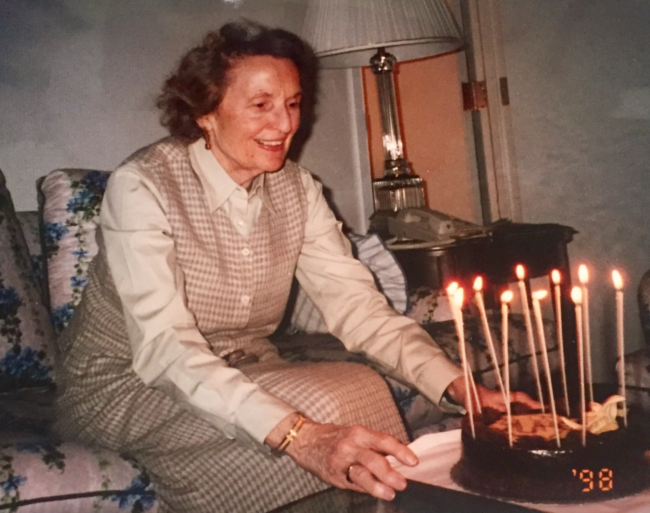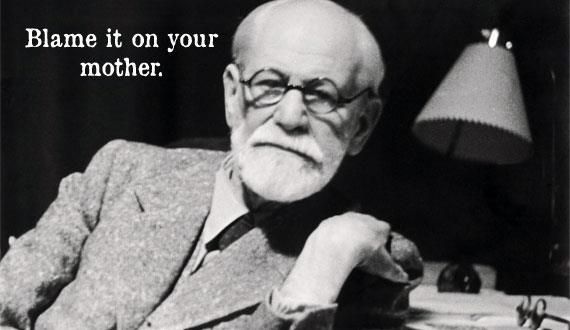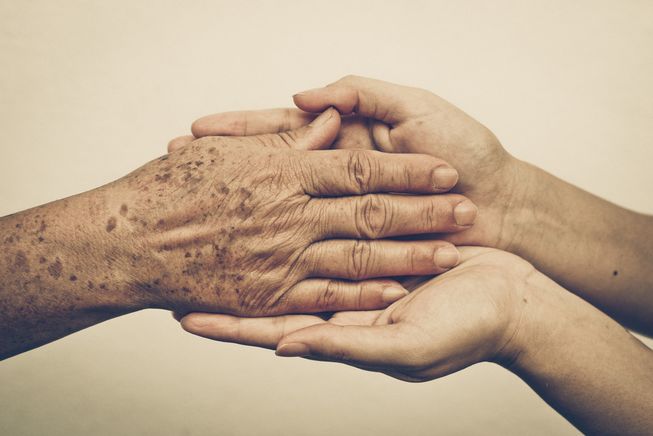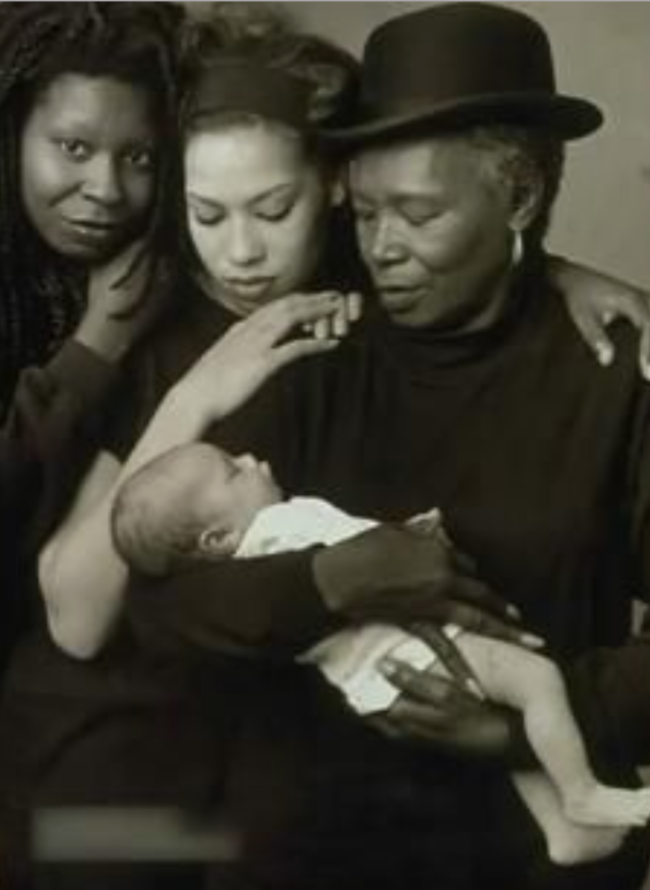Reading Deborah Tannen’s piece in last week’s New York Times entitled, “My Mother Speaks Through Me,” it dawned on me that as I age I’m becoming more and more like my mother. My younger self would have fumed at this comparison, but my older self honors it.
My everyday life has been enriched by adopting some of my mother’s habits: purchasing fresh flowers every Friday, functioning as an attentive hostess, remembering all the family birthdays–thanks to my mother’s own list I tore from the last datebook she kept—and small acts of generosity for family and friends.
Through my adolescence and right up into my ‘50’s, I balked if anyone told me that I looked like my mother, talked like her or resembled her in any number of ways. I was the consummate rebel daughter, picking fights with my mother at the drop of a hat.
Fundamentally I was angry with her for not standing up to my father who dominated her, for not showing me how to be an independent woman. My subconscious bells signaled if I resembled my mother, I might end up like her ruled by a tyrannical husband.
In the late ‘60’s when I attended a graduate social work program I was inundated with case studies of conflicted mother-daughter relationships. Mother blame was in fashion, which served to justify my anger.
To this day mother blame remains embedded in white culture. For decades mother-daughter tensions have fueled the self-help industry. Does patriarchy foster the mother-daughter divide? Does this conflict, which can dominate a woman’s entire life, box her in and suck away her power?
My anger softened as I immersed myself in feminist theory. It opened my eyes to the ways my mother’s generation was programmed to be a wife and mother. Her generation glorified homemakers. Growing up I barely remember my mother sitting down. She was constantly cooking, cleaning, doing laundry, entertaining for my father’s cronies and chauffeuring her kids to after-school programs.
It wasn’t until my mother died and I wrote the memoir about our relationship, “The Mother of My Invention,” that my healing felt complete. I stopped blaming my mother for my imperfections. I learned the value of seeing my mother’s life through her eyes and not though my wounded memories.
I believe that whenever a woman fails to make peace with her mother, the mother line is severed in ways that affect us all. The more mother wounds individual women can heal, the more we all heal.
The more we can collectively embrace the internalized good mother while working to heal the internalized damaged mother, the more we can own our power. This is a loving path far preferable to a lifetime of mother complaints, which sends negative mother energy into the universe, contaminating all those women in its sphere.
Rather than obsess other their mother wounds, Native American women honor their mother line, paying homage to the contributions of their female elders. One ritual practiced by many Native American tribes is the “honor dance” performed on Mother’s Day. Women and girls dress up in elaborate traditional clothes to watch the tribal dances, honoring their roles as mothers and elders—a more meaningful tradition than bestowing flowers and candy on mom!
In the book, Toni Morrison and Motherhood: A Politics of the Heart contemporary African American women’s writing is noted for its tendency to celebrate mothers as mentors and role models and the power daughters have in connection with their mothers and the mother line.
It’s about time women of all races and backgrounds come together to share stories of empowerment through the mother line. I used to dream of a third political party, “The Women’s and Children’s Party,” that would unite women across the spectrum. Maybe its time has come?




